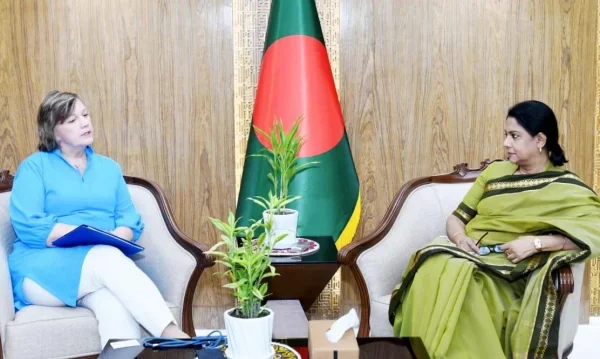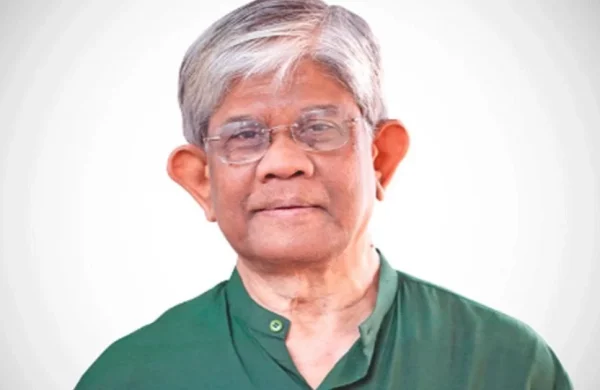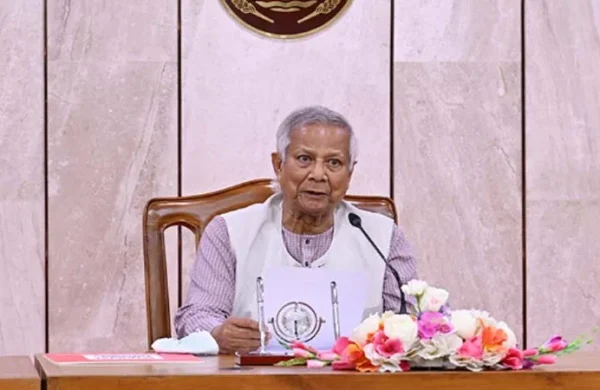What is Bangladesh’s global image in 2025?
- Update Time : Thursday, April 10, 2025

—Asif Ahmed and Shah Choudhury—
In the 2025 US News & World Report Best Countries Rankings, Bangladesh placed 71 out of 87 nations.
At first glance, that may seem modest — but beneath the surface lies a revealing portrait of a country in motion.
These rankings, built from the perceptions of over 17,000 global respondents and structured by Wharton and BAV Group, are not just popularity contests. They are global mirrors.
For a nation like Bangladesh — rising, reforming, and rebuilding — they offer both feedback and a future framework.
Where we rise: Power, business, and regional relevance
BANGLADESH IS NO LONGER INVISIBLE
We ranked #47 in Power, suggesting that our demographic heft, growing economy, and strategic location are gaining notice. While the score is still modest, it signals visibility on the global radar.
We also ranked #29 in Open for Business, ahead of many regional peers. Despite weak infrastructure, Bangladesh is seen as a cost-effective, high-potential destination. The task now is to turn that perception into performance — by cutting red tape, digitizing workflows, and mobilizing diaspora capital.
Yet even as we rise in visibility, we stumble in velocity.
Where we lag: Agility, equity, and quality of life
We scored #86 in Agility — second-lowest among 87 nations. This implies we’re seen as slow to adapt and resistant to change. In a world of rapid disruption, this perception can cost us dearly.
We are #84 in Social Purpose and #64 in Quality of Life which show that we’re still falling short on inclusion, justice, and public well-being. These aren’t soft issues — they shape trade, diplomacy, and talent migration.
In short: we are noticed, but not yet trusted. Present, but not persuasive.
A COUNTRY OF CONTRADICTIONS — OR ONE ON THE CUSP?
What emerges is a nation at a pivotal moment:
- Visible, but not yet influential
- Promising, but not yet agile
- Rich in heritage, but poor in projection
- Full of potential, but slowed by structure
These aren’t flaws — they’re friction points. The kind that come right before a breakthrough.
Moving from insight to action
At the US-Bangladesh United Initiative (UBUI), we analyzed each ranking category not as a verdict, but as a signal — and translated them into strategic moves:
- Power (#47): Bangladesh is seen, but must now persuade. Invest in soft power: Train young diplomats, amplify storytelling, and build global alliances.
- Open for business (#29): Investors are interested. Launch a one-stop investor platform. Digitize trade and tax systems. Organize diaspora-led delegations.
- Agility (#86): Institutions are stuck. Pilot real-time governance labs. Train civil servants in crisis response and adaptive planning.
- Social Purpose (#84): We’re not seen as inclusive. Introduce a National Equity Index. Fund youth-led grassroots programs. Promote transparency.
- Entrepreneurship (#66): Founders face friction. Build university incubators. Unlock angel capital from the diaspora. Enable cross-border fintech.
- Cultural influence and heritage (#72, #74): Our story isn’t reaching the world. Create a Virtual Museum of Bangladesh. Fund global media collaborations. Champion diasporic artists.
- Adventure (#86): Tourism potential is untapped. Brand Sundarbans and Sylhet. Simplify visas. Partner with global travel influencers.
From reaction to design
Rankings like these aren’t just about optics — they shape outcomes. Global investors, policy-makers, and migrants often respond more to perception than policy.
So the real question becomes: How do we shift the perception? Not through image-building alone — but through meaningful reform, visible wins, and coherent strategy.
Conclusion: Bangladesh at the edge of emergence
We are not who we were a decade ago. But we are not yet who we aspire to become.
This is our inflection point.
UBUI believes the next decade must be shaped not by how others define us — but by how we choose to lead.
That means moving from power to purpose, from motion to meaning, from being seen to being sought after.
Let’s stop reacting — and start designing. Let this be our moment to rise — together.
Shah Choudhury is a growth strategist and founding board member of UBUI. He helps tech companies scale by leading SaaS + AI monetization strategies. With over a decade of experience at Salesforce, Simon Kucher, and Fortune 500 giants like Schlumberger and Chevron, he brings a rare mix of strategic depth and execution. Asif Ahmed is a Director at EY-Parthenon and founding board member of UBUI, specializing in energy-focused M&A and corporate finance. With over a decade of global experience spanning Halliburton, British American Tobacco, and Big 4 consulting, he blends financial insight with deep energy industry expertise.



















